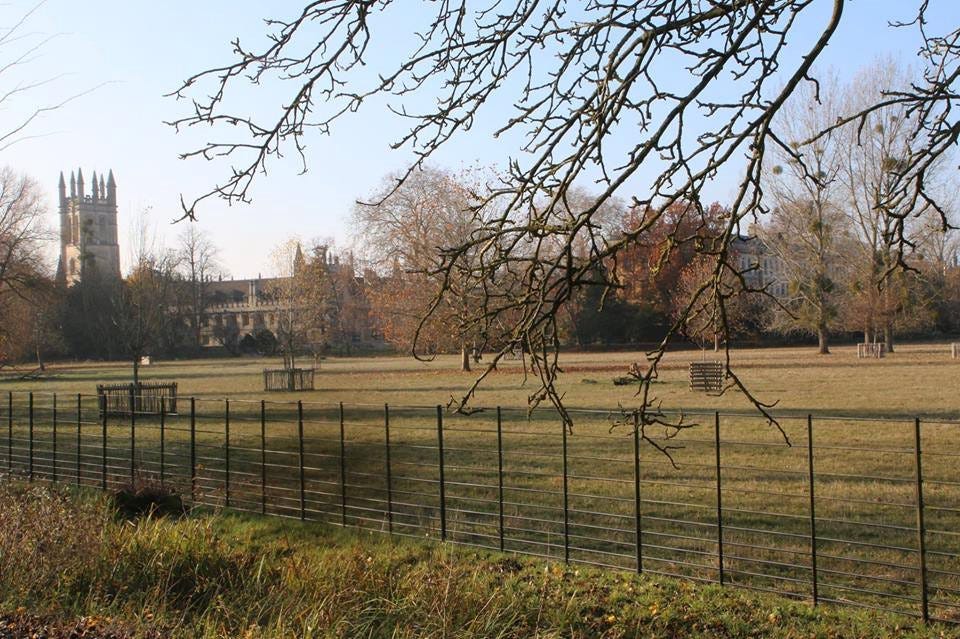The End That Never Came? (C.S. Lewis Symposium Talk)
Wrestling with Jesus' Eschatology at Union Theological College
I have taught theology for little over a year. But in that time, I have already been asked by more than one set of students whether there is any topic on which I am at odds with C.S. Lewis. My stock response – for I have decided that one is now necessary – is to gesture to a talk I gave in Trinity this year at the Oxford C.S. Lewis Society. For anyone interested in the key areas of disagreement, they are now kept in this rather shamefully-titled summary, What C.S. Lewis got Wrong about the Gospels.
I say shamefully, for while I may disagree with large parts of Lewis’ reading of the Gospels – and thus distance myself, somewhat fashionably, from his most loyal devotees – I also struggle to think of a subject in which my theological thinking is not deeply in his debt. Yes, it was Lewis – even ‘Jack’ – whose Mere Christianity had first set my teenage self on a course to study theology. And Jack again, as patron saint, who guided me to the medieval cloisters of Magdalen, where I read for a Master of Studies.

During that degree, I had thought to write a paper marrying my two loves: C.S. Lewis and the Gospels. But I buckled under the general sense that to do something on Lewis in a New Testament track at Oxford would not be taken seriously. There is a long-standing idea (now thoroughly questioned by Jahdiel Perez) that Lewis cannot be considered a theologian proper. And since I too was under this (mis)conception – supported by snippets of what I had read – I decided to turn my back on him.
Yet Lewis’ reading of the Gospels was not entirely negative. While a little study gives the impression that Lewis was not a theologian, a little more sheds light on the enduring insights he had to a discipline which was not his own. To offer just one example, Lewis had already accepted what is now the dominant portrait of Jesus research – the apocalyptic Jesus – and had begun wrestling with the implications of that image. Only recently have theologians begun to pick up where Lewis left off.
In two recent posts on Behind the Gospels, I have deciphered this portrait of an apocalyptic Jesus. I first laid out the reasons why scholars – rightly, in my view – think that Jesus was literally mistaken in his expectation of an imminent end. And then I rebutted three common objections to this view. But I admit that this puts the believer in a bit of a pickle. How could Jesus have been wrong about the end?
In searching for an answer to that theological problem, I find Lewis to be immensely helpful. Perhaps in penance for the critique of his reading of the Gospels I gave this year in Oxford, I was pleased to be invited more recently to Lewis’ hometown, Belfast, to offer a more constructive appraisal of his views. That talk on Lewis and Jesus’ apocalypticism at Union Theological Seminary – part of the C.S. Lewis Institute’s symposium, C.S. Lewis and the Last Things – can now be found below.

